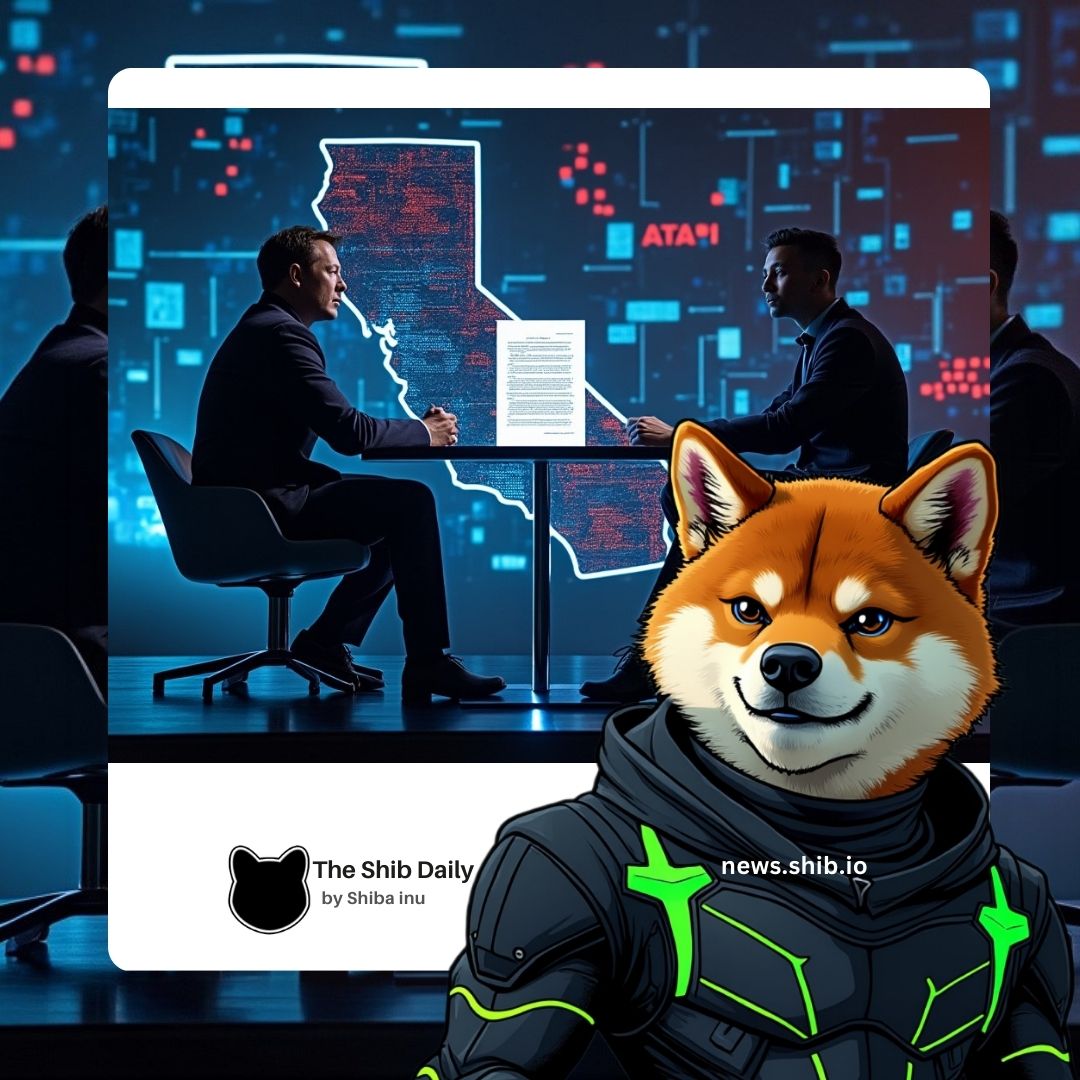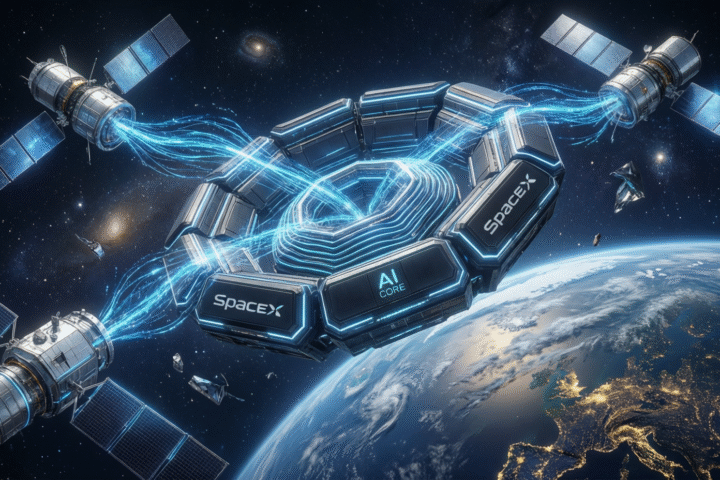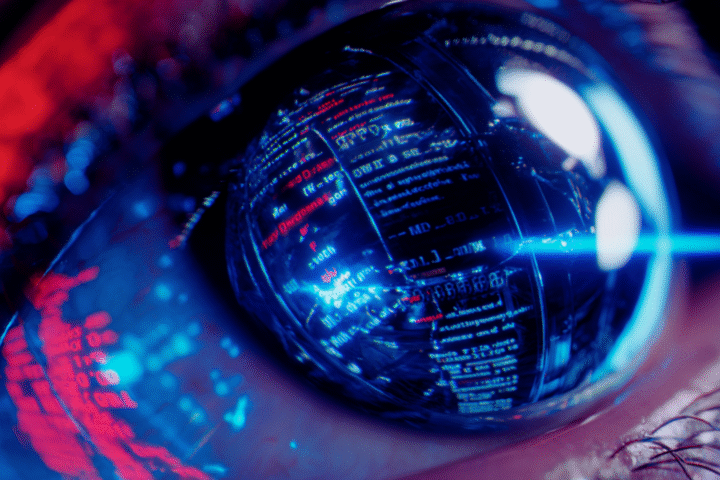Elon Musk and Vitalik Buterin, two of the most influential figures in the tech world, have thrown their weight behind California’s SB 1047 AI safety bill. However, questions remain about whether the bill will be sufficient to address the growing concerns surrounding the development and deployment of advanced AI systems.
In a bid to address these anxieties, California has proposed a groundbreaking AI Safety Bill, California lawmakers have introduced SB 1047, a bill aimed at ensuring the safe development and deployment of advanced AI models. The bill has garnered support from prominent figures in the tech industry, including tech mogul Elon Musk and Vitalik Buterin, co-founder of Ethereum.
Key Provisions of SB 1047
SB 1047 establishes a framework for regulating AI models that pose a significant risk to public safety. Key provisions of the bill include:
- Threshold for Regulation: The bill applies to developers of AI models that require at least $100 million in computational resources to train.
- Safety Testing: Developers must conduct rigorous safety testing to identify and mitigate potential risks before releasing their models.
- Critical Harm Definition: “Critical harm” is defined as damage exceeding $500 million to critical infrastructure or mass casualties.
- Responsibility for Harm: Developers are responsible for taking reasonable care to prevent their AI models from causing critical harm.
- Whistleblower Protections: The bill provides protections for individuals who report concerns about AI safety risks.
- Compute Cluster Requirements: Compute clusters used to train large AI models must implement know-your-customer (KYC) procedures for suffiсiently large customers.
Musk has been a vocal advocate for AI regulation, and he believes that SB 1047 is a necessary step to mitigate the potential risks of advanced AI. “This is a tough call and will make some people upset, but, all things considered, I think California should probably pass the SB 1047 AI safety bill,” Musk tweeted.
Related: Kusama Reveals Details Of New AI Product in Recent Livestream
Buterin, while generally supportive of the bill, еxpressed concerns about its potential impact on open-source AI development. He noted that earlier versions of the bill had provisions that could have restricted the development of open-source models. However, the final version of the bill appears to be more balanced, focusing on safety testing and accountability for developers of large-scale AI models.
However, the bill’s critics argued that it might be too narrowly focused. Dan Hendrycks, Director of the Center for AI Safety, pointed out that the bill only applies to models trained with over $100 million in compute and fine-tuned with over $10 million, potentially leaving smaller but potentially risky projects unregulated. This, he argued, could create a “safe harbor” for projects that might still pose a significant threat.
There are also concerns about the bill’s potential impact on open-weight models, which allow for transparency and public collaboration. While optimistic about the bill’s intentions, Buterin acknowledged that some have expressed support for banning open weights, questioning whether the “duty of reasonable care” will be interpreted in a way that restricts this type of open development.
Related: OpenAI Policy VP Fired After Dispute Over Adult Mode Feature
The debate surrounding the California AI Safety Bill underscores a key dilemma: how to balance promoting innovation with ensuring responsible development. While the bill seeks to address the potential dangers of powerful AI systems, critics argue that its thresholds and potential interpretations could hinder progress and limit open collaboration.
The outcome of this debate will have far-reaching implications for the future of AI and its role in society. As the bill moves through the legislative process, it will be crucial to carefully consider the potential impact on researchers, developers, and the public, ensuring a balance between safety and the continued advancement of this transformative technology.












